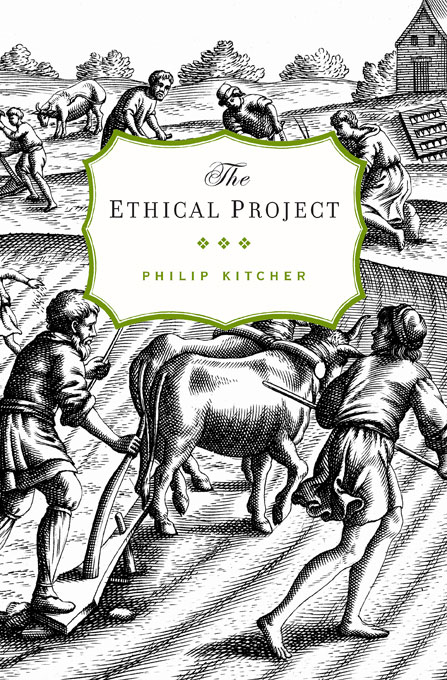Pop back in time roughly five million years to the time of the last common ancestor of humans and chimpanzees, and you’d likely spot roving troops of creatures not dissimilar to today’s great apes. Yet, while chimpanzees and the rest of our evolutionary cousins have changed relatively little over the last few million years, our species has undergone remarkable change.
Why?
 Arguably the strongest driving force for this incredible evolutionary change is our uniquely social nature – and our uniquely moral proclivities – to the point where today we interact in a global network of billions of individuals, a network of staggering complexity hinging on levels of cooperation unmatched by any other creature.
Arguably the strongest driving force for this incredible evolutionary change is our uniquely social nature – and our uniquely moral proclivities – to the point where today we interact in a global network of billions of individuals, a network of staggering complexity hinging on levels of cooperation unmatched by any other creature.
And the glue that holds our social and cooperative life together is morality.
It’s in charting and explicating this progression from the earliest forms of pre-moral inclinations to our modern day complex moral deliberations that is the ambitious goal of Philip Kitcher’s new book, The Ethical Project.
And Kitcher, John Dewey Professor of Philosophy at Columbia University, does a remarkable job of not only weaving together a coherent picture from many disparate threads, but also lays down a path for potentially fruitful ethical debate in the future. And he does it all in a thoroughly naturalistic, empirically-aware and refreshingly grounded way, with his method strongly influenced by his commitment to “pragmatic naturalism”, which heavily informed particularly by John Dewey and William James.
He also espouses a theory that is startlingly close to my own PhD thesis, much to my joy and chagrin. Even if there are now a few less revelations in my own thesis, it is deeply heartening to see that I’m not the only one charting an evolutionarily-informed naturalistic account of morality.
That said, there are a few gaps in Kitcher’s account, and a few key details that he overlooks either deliberately or unintentionally. In this post, I’ll outline the main thrust of Kitcher’s argument, and in a subsequent post I’ll provide a more critical review, comparing and contrasting it with my own account.
First, an overview of Kitcher’s argument.
(more…)
